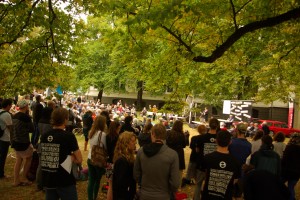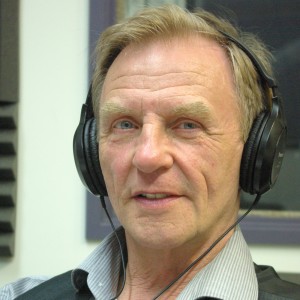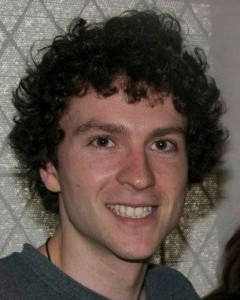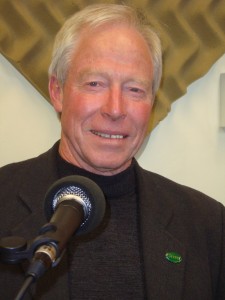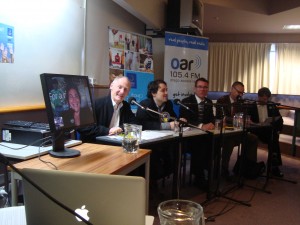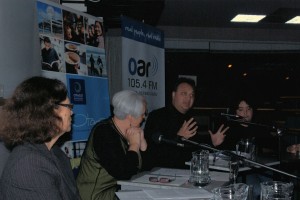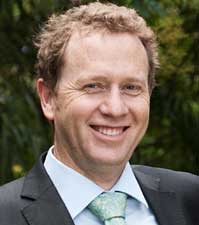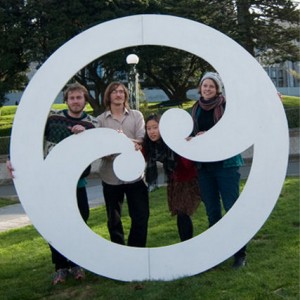Previously on Sustainable Lens Emeritus Professor Sir Alan Mark (pod) described work towards the Wise Response campaign. Â This call to face up to New Zealand’s critical risks, was launched in Dunedin recently with a series of speeches. Â This week and next on Sustainable Lens we highlight those messages:
- Hoani Langsbury What sustains life essence?
- Professor Peter Barrett We’re creating an event of geological magnitude (greenhouse but with remnant ice sheets – so energy transfer)
- Associate Professor Susan Krumdieck Beyond myths of market: we have no choice but to reduce demand, only whether this is graceful or not. Every professional needs to make changes to provide products and services in new reality.
- Dr Mike Joy Impacts of massive increase of industrialised dairy farming.  Intensified cows have footprint of 84 million humans need to cost impacts.  25¢ Phosphate fertilizer cost $100 to remove.  Ecological debt $20 for 1kg milk fat.
